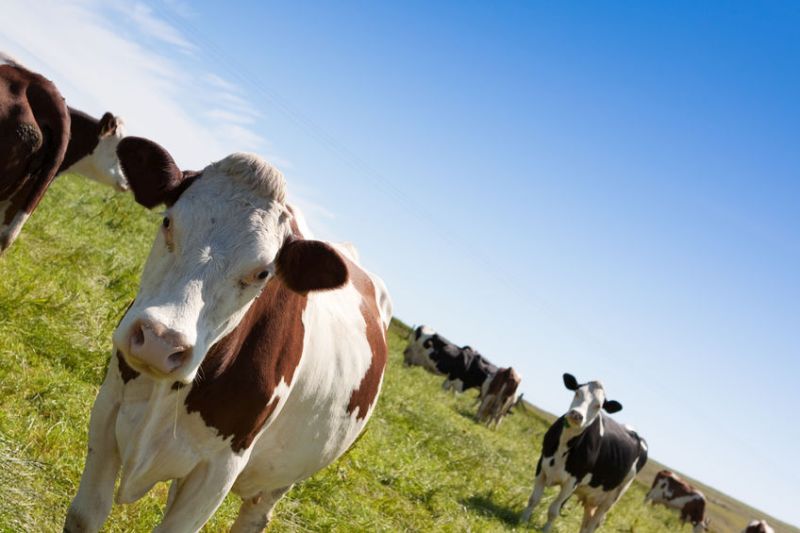
A new study has been released that shows dairy cows respond to positive and negative emotional prompts with individual 'voice'.
And the results of the University of Sydney research could have implications for farmers and animal welfare.
Studying a herd of 18 Holstein-Friesian heifers over five months, PhD student Alexandra Green determined that the cows gave individual voice cues in a variety of positive and negative situations.
This helps them to maintain contact with the herd and express excitement, arousal, engagement or distress.
The study recorded 333 samples of cow vocalisations and analysed them using acoustic analyses programs with assistance from colleagues in France and Italy.
The conclusion of the research is that farmers should integrate knowledge of individual cow voices into their daily farming practices.
“We found that cattle vocal individuality is relatively stable across different emotionally loaded farming contexts,” Ms Green said.
Positive contexts were during oestrus and anticipation of feeding. Negative contexts were when cows were denied feed access and during physical and visual isolation from the rest of the herd.
“We hope that through gaining knowledge of these vocalisations, farmers will be able to tune into the emotional state of their cattle, improving animal welfare,” the PhD student added.
She said that by understanding these vocal characteristics, farmers will be able to recognise individual animals in the herd that might require individual attention.
It was previously known that cattle mothers and offspring could communicate by maintaining individuality in their lowing.
But Ms Green’s research confirms that cows maintain this individual voicing through their lives and across a herd.
“Cows are gregarious, social animals. In one sense it isn’t surprising they assert their individual identity throughout their life and not just during mother-calf imprinting,” Ms Green said.
“But this is the first time we have been able to analyse voice to have conclusive evidence of this trait.”
Ms Green travelled to Saint-Etienne, France, to work with some of the best bioacousticians in the world, including co-authors Professor David Reby and Dr Livio Favaro, to analyse the vocal traits of the cattle.
The study will be incorporated into her doctorate, which investigates cattle vocal communication and use in welfare assessment on dairy farms.
The paper was published in December 2019 in Scientific Reports.
